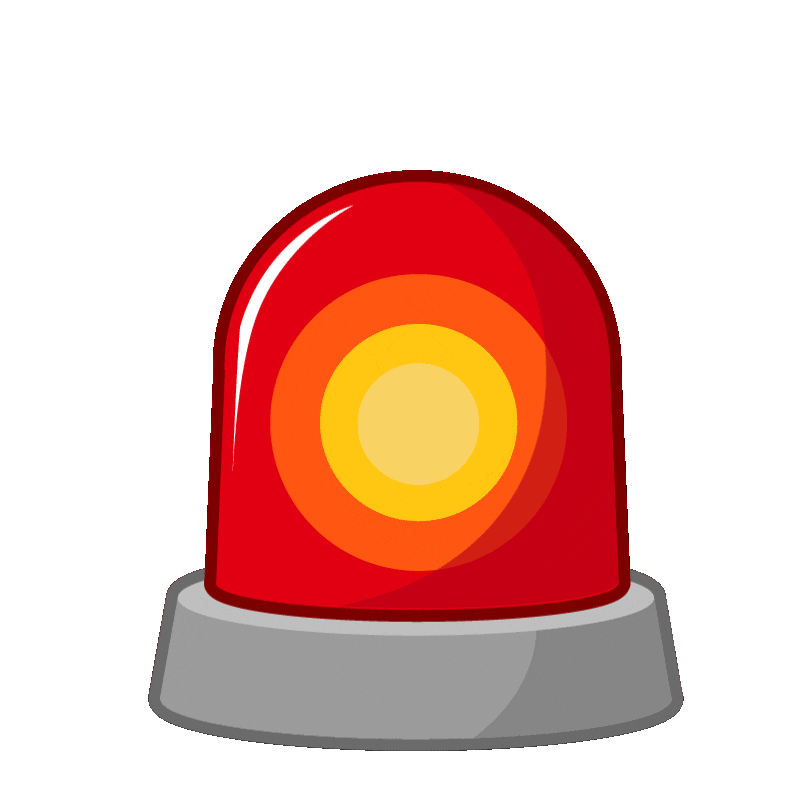Introduction
Heart failure is a significant medical illness in which the heart's capacity to pump blood is impaired. While it may appear gradually over time, recognizing its early warning signals is critical for appropriate intervention and successful care. You can protect your heart health by remaining watchful and learning the warning signs.
1. Shortness of Breath: Unexplained shortness of breath, especially during everyday activities or while lying down, could be an early sign of heart failure. If you find yourself struggling to catch your breath, even with minimal exertion, it's time to consult a healthcare professional.
2. Fatigue: Experiencing persistent fatigue, even after getting adequate rest, may indicate a weakening heart. If you're suddenly finding it hard to carry out routine tasks due to constant tiredness, don't ignore it.
3. Swelling: Fluid retention can cause swelling in the legs, ankles, abdomen, or even the veins in your neck. If you notice unexplained swelling, especially in these areas, consider it a potential warning sign.
4. Increased Heart Rate: A noticeable increase in your resting heart rate might indicate that your heart is working harder to pump blood. Track your heart rate and consult a doctor if you observe a sustained elevation.

5. Persistent Coughing: A chronic cough, accompanied by white or pink mucus, could be indicative of fluid accumulation in the lungs – a common consequence of heart failure. If over-the-counter remedies fail to alleviate it, seek medical attention.
6. Reduced Exercise Tolerance: If activities you once enjoyed now leave you more breathless and fatigued than usual, it might be time to dig deeper. A declining ability to exercise could be due to an underlying heart issue.
7. Sudden Weight Gain: An unexplained increase in weight within a short period could be due to fluid retention linked to heart dysfunction. Keep an eye on your weight and consult a doctor if you notice rapid fluctuations.
When to Seek Help: If you notice one or more of these symptoms, it's important not to delay seeking medical assistance. Early detection and intervention can significantly improve the outcome and quality of life for individuals with heart failure. A healthcare provider can perform tests such as an echocardiogram, ECG, or blood tests to diagnose the condition accurately.
To summarize, staying in tune with your body and recognizing potential indicators of heart failure is critical for early detection and appropriate care. Ignoring these warning signs might result in increased symptoms and problems. Priorities your heart health by obtaining medical advice as soon as you notice any alarming changes in your body. Remember that your heart deserves all of your love and attention.


